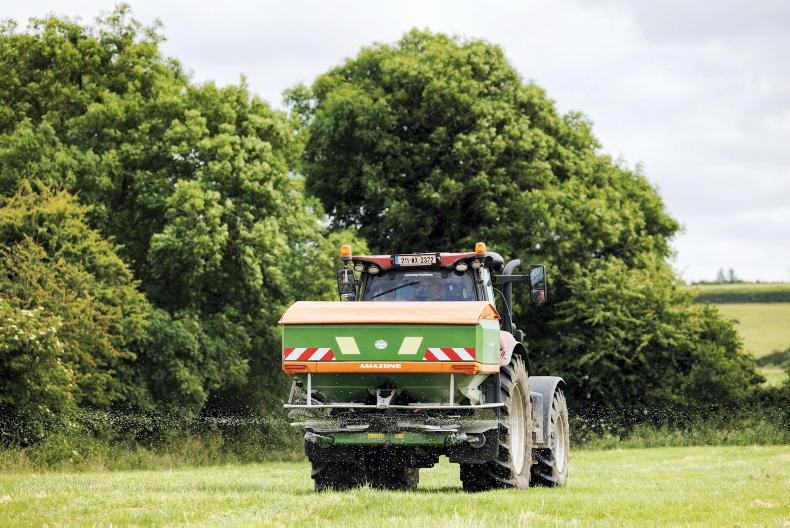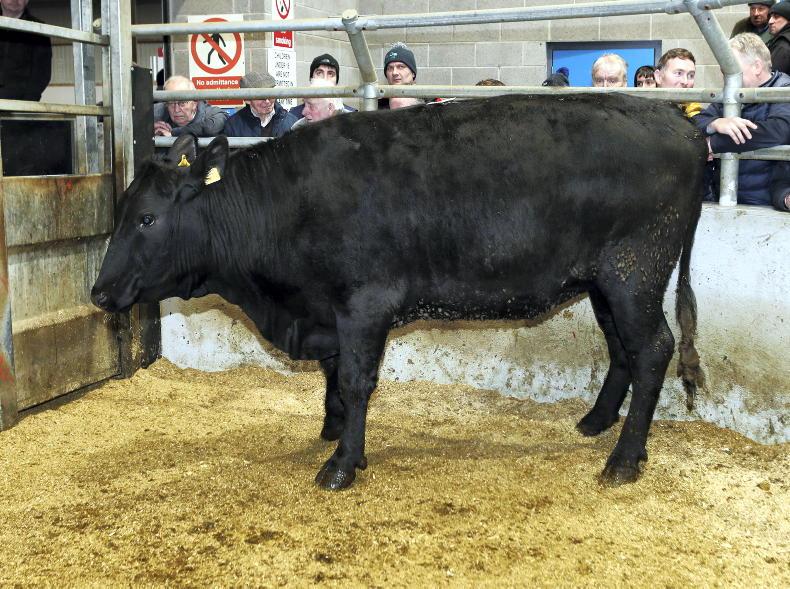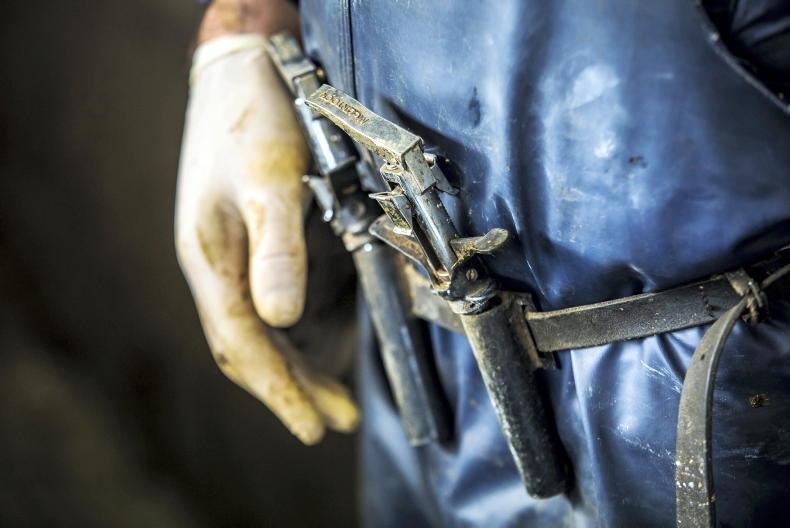The thing we are hearing is that farmers previously didn’t feel part of the food and drink success story,” believes NFU Scotland Chief Executive Scott Walker. “We are now much more heavily involved in drawing up this vision.”
Scott has recently been announced as an industry expert on a supply chain working group which is part of the food and drink vision 2030. NFU Scotland is one of the key organisations involved in the vision 2030 to double the size of the food and drink sector, including farming output. This is something which Scott wants to see happen. He also wants to ensure farmers get the benefit from it. “It has been a success story for food and drink has not been a success for farmers,” he says.
The vision is to double the turnover of the sector to £30bn over the next 12 years. Scott is keen to ensure that it’s not just the effort but also the reward that goes up for farmers.
“Actually doubling output for output’s sake is meaningless unless that value comes down to farmers increasing profitability,” Scott went on to say. “If Scotland Food & Drink want to achieve a doubling of output they actually need a doubling of primary production.”
Focus on profit
Many farmers will be sceptical about the ability to increase farming’s turnover so sharply, however, Scott says it doesn’t just have to be increasing numbers or yields: “If you look at areas of farming like beef there are question marks as to how this can be achieved. Many will asked how people continue to produce what they do now, let alone increase, at the current levels of profitability.”
Asked whether Ambition 2030 envisages increasing, for example 400,000 beef cows to 800,000, or doubling sheep to over 12 million Scott had a clear view: “You could have the same number of cows worth twice as much by 2030 or you could have double the amount of cows being worth the same value. For us the key bit is profitability for production. It’s the word I am using and NFU Scotland are using time and time again, whether it is in discussion with Scottish Government, Scotland Food & Drink, or anyone in the supply chain.”
Supply chain improvements
One of Scott’s key roles as a member of Scotland Food & Drink’s executive committee is to ensure that:
“All the parties around the table have a strong recognition that the supply chain as it currently stands has not been delivering for farmers and crofters,” Scott says.
As a farm industry expert on a supply chain working group, Scott is clear about his priorities.
“Getting the supply chain right will be one of the key factors in delivering the vision. We are not just the people who are shouting for change, we are now the people who are part of the delivery. If there is going to be growth in the sector then things need to be done right.”
Exports
Exports seem to be key to Scott’s vision to maximise farm incomes.
“If we do the same things as we have done in the past we will get the same solutions,” believes the chief executive.
“We need to look at different models and look at new markets. If you can get some quantities of beef, lamb or other meat products sold abroad that gives more leverage.”
Legislate to make the supply chain fair
There is also a demand for more legislative change to hit the target of doubling turnover by 2030.
“Some of that will need to be done with legislative changes. We have asked for the powers of the grocery code, adjudicator powers, to go further down the supply chain,” he reports.
“If you use one thing, for instance, on cattle at abattoirs. Those specs can change overnight and because it takes years to rear an animal you can’t accommodate the change. We need different things there. If we don’t get the changes in the grocery code adjudicator then we will ask what legislative processes will we need to put in place to make the changes.”
Food targets don’t conflict with tree planting
The demand to double turnover is likely to put additional strain on land use plans. Ambitious food production targets can be seen as conflicting with equally high aspirations for tree planting or reducing carbon emissions.
However, Scott believes by working together more can be done than by working against each other. “I don’t accept that this is in conflict with any aspirations on climate change at all. If you look at how we produce in Scotland, you can see the production of food is the only way you could actually use some land, and therefore what we want to do is be as productive as we can be. We have that ambition for growth and we are one of the biggest [industries] in Scotland.
“So if the Government can back the industry we are the solution to many issues like climate change and the environment. This is a message for Scottish Government that this is an industry to back.
“This is an industry that can create jobs, wealth and not just in the central belt of Scotland.”








SHARING OPTIONS